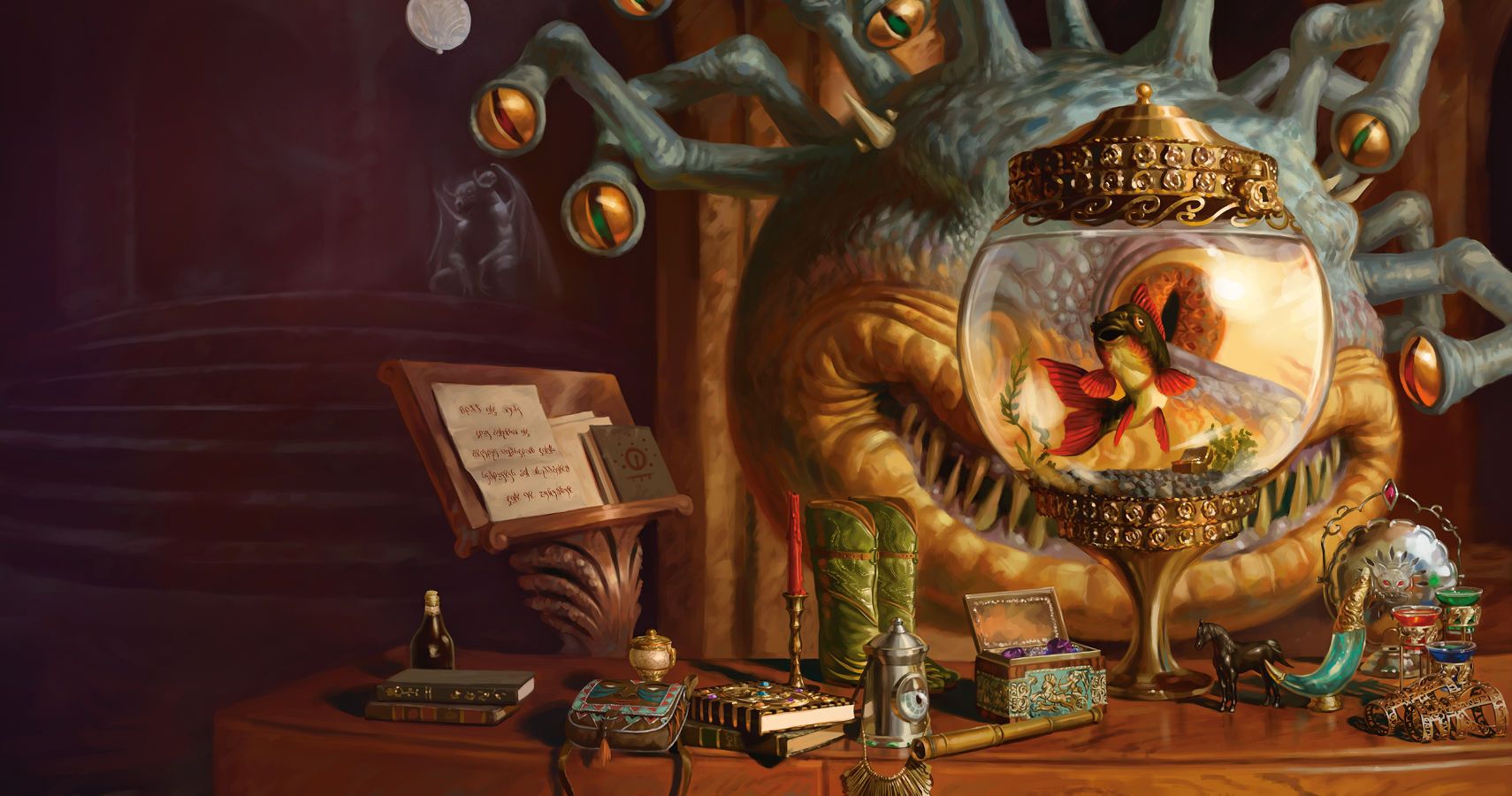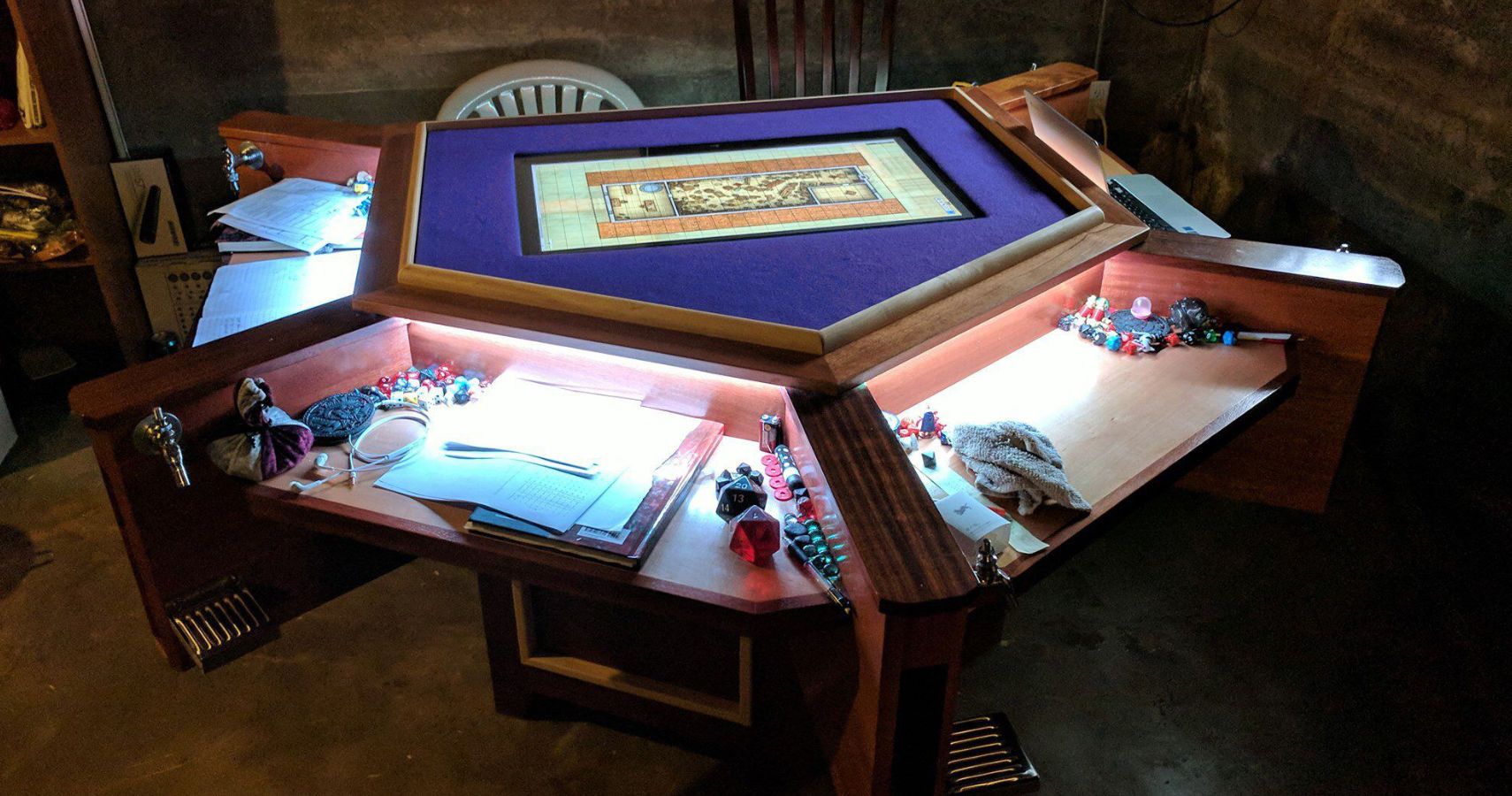Dungeon Masters, I have an important question for you! When was the last time you checked in with your Dungeons & Dragons players? Or any TTRPG players, really? This question was posted over on Reddit and it got me thinking. How important is player feedback, and should we be asking for it the first place? Spoiler alert: “Very” and “Yes.” To be blunt, we don’t want people voting with their feet and walking away from a campaign.
Before we start a new campaign it is important to lay down some ground rules. The players need to know that you are running the campaign and ultimately have the final word on all in-game interactions. All participants should accept what happens in-game and have trust in their DM. Likewise, you can’t be a dictator and should treat each player fairly doing your utmost to drive the story and provide an enjoyable game for all, even if we have to fudge the numbers sometimes in a player's favor.
With that said, we are not perfect and sometimes we will get something wrong; players may have an issue with some of the things we do. This is where communication with your players starts. It is important to allow them to speak freely out-of-game. Make yourself available in between sessions. You have the opportunity to listen to feedback and suggestions, discuss why certain actions happened, and take any criticism in the spirit it was intended. Remember, your players are not out to get you, they want you to have fun as well.
Allowing players to air their grievances is all well and good, but what about the DM? Should we do the same? Yes, if you afford the players the opportunity then they should do so too. Be fair and open with them, yet firm where needed. Be careful to separate in-game and out-of-game behavior, their character may be a jackass but they shouldn’t be. Leave personal opinions behind. There is also have the opportunity to ask your players how the campaign is going. Are they enjoying themselves and do they have any suggestions for improving the experience. Try to do this after every session but be adaptable to the group, if it fits better to ask every three games then do so, but don’t get too hung up on this. Let communication flow naturally.
The key take away from this is “communication is king.” You have to communicate with your players regularly. Let them communicate with you. Be open to their suggestions and be prepared to make changes in the next session. If something doesn’t work, try a different idea next time. Foster an environment where communication is open and free from the fear of repercussion. If you have the opportunity to correct mistakes, do this before the next session and inform all players. Better still, include ‘the fix’ as part of the in-game storyline next time. Most importantly make sure everyone is having fun, including yourself.


